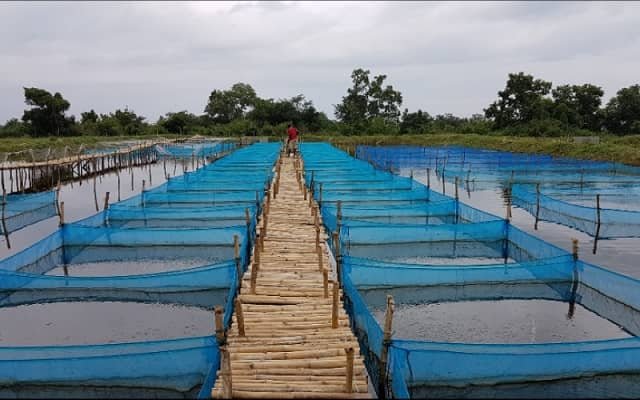Rome, Italy.- This report explores the nature of the 2030 Agenda, its goals and targets, and their relevance to aquaculture development. It examines the potential contribution of aquaculture development to the SDGs, and the strengths and weaknesses of existing aquaculture guidance to support implementation of the agenda.
Almost all the SDGs, and many associated targets are relevant to aquaculture development. Existing guidance and initiatives designed specifically to promote sustainable aquaculture development (including the Code of Conduct for Responsible Fisheries (CCRF) and associated Technical Guidelines; the Bangkok Declaration & Phuket Consensus; the Blue Growth Initiative) will support delivery of the SDGs. These guidance instruments and initiatives should be strengthened in some key cross-cutting areas.
A critical precondition for ensuring that aquaculture development aligns with, and contributes to, all the relevant SDGs, and addresses the challenges noted above, is a supportive “enabling environment”. Good policy and planning are the means to create such an enabling environment.
Reference (open):
FAO. 2017. The 2030 Agenda and the Sustainable Development Goals: The challenge for aquaculture development and
management, by John Hambrey. FAO Fisheries and Aquaculture Circular No. 1141, Rome, Italy.
http://www.fao.org/3/a-i7808e.pdf
Editor at the digital magazine AquaHoy. He holds a degree in Aquaculture Biology from the National University of Santa (UNS) and a Master’s degree in Science and Innovation Management from the Polytechnic University of Valencia, with postgraduate diplomas in Business Innovation and Innovation Management. He possesses extensive experience in the aquaculture and fisheries sector, having led the Fisheries Innovation Unit of the National Program for Innovation in Fisheries and Aquaculture (PNIPA). He has served as a senior consultant in technology watch, an innovation project formulator and advisor, and a lecturer at UNS. He is a member of the Peruvian College of Biologists and was recognized by the World Aquaculture Society (WAS) in 2016 for his contribution to aquaculture.







